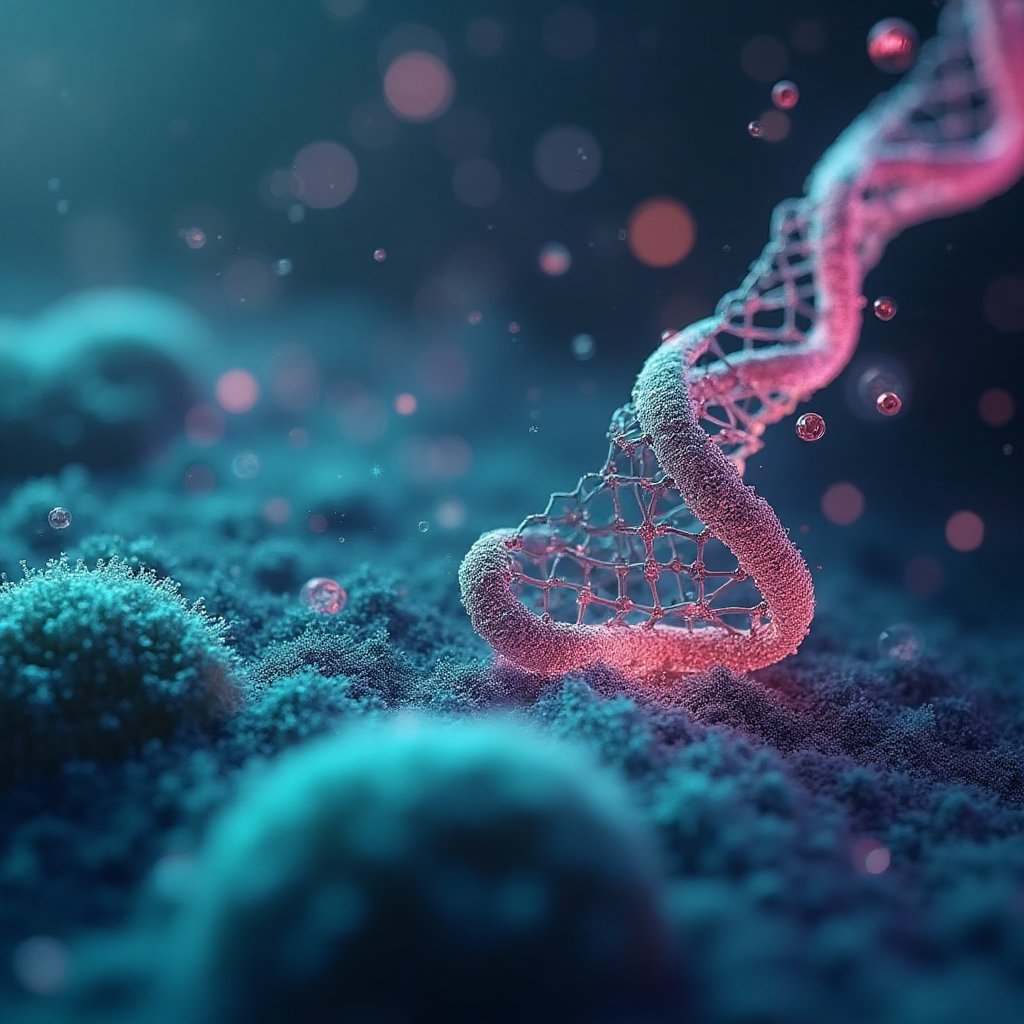Introduction: The Power of a Simple Thank You
Have you ever paused to appreciate the little things—a stranger holding the door for you, a heartfelt compliment, or a sunny day after a week of rain? Gratitude might seem like a simple sentiment, but science reveals it’s a game-changer for our mental and physical health. It fosters connections, amplifies happiness, and even rewires our brains for positivity. (Read more about the recent study from The Journal of Positive Psychology indicates that cultivating gratitude can have lasting positive effects on our overall well-being and can enhance feelings of spiritual connection.)
This article explores how gratitude strengthens feelings of connection, enhances overall well-being, and equips us to pay it forward. Get ready to uncover actionable ways to embrace gratitude and elevate your life.
Grateful Memories: A Treasure Trove for Happiness
One of the most profound benefits of gratitude lies in its ability to shape how we perceive the past. According to a study published in The Journal of Positive Psychology, people who actively reflect on moments of gratitude experience a prolonged sense of happiness and connectedness. Why? Because our brains are wired to find patterns, and focusing on positive memories creates a cycle of uplifting emotions.
Quick Tip: Gratitude Journaling
Start or end your day by jotting down three things you’re grateful for. Even small joys—like a delicious cup of coffee or an unexpected smile—can set a positive tone.
The Science of Gratitude: Rewiring Your Brain
Gratitude is more than just a feel-good emotion; it’s a biological powerhouse. Research shows that practicing gratitude activates the brain's reward system, particularly the prefrontal cortex and dopamine pathways. This rewiring enhances our ability to feel joy, reduces stress, and fosters resilience.
Did You Know?
- Gratitude lowers cortisol levels, reducing stress.
- It strengthens the immune system, making you less susceptible to illness.
- Practicing gratitude for just two weeks can increase optimism by 15%.
Building Bridges: Gratitude as a Social Glue
In relationships, gratitude acts as a powerful bonding agent. Expressing appreciation to friends, family, or colleagues not only makes them feel valued but also strengthens your connection. Studies have shown that couples who express gratitude experience higher relationship satisfaction.
How to Practice Gratitude in Relationships:
- Verbalize Appreciation: Acknowledge someone's effort or kindness aloud.
- Handwritten Notes: Send a thank-you card to a mentor or friend.
- Acts of Service: Pay it forward by helping someone in need.
The Ripple Effect: Paying It Forward
Gratitude often inspires us to act generously. When you recognize the kindness you’ve received, you’re more likely to help others, creating a chain reaction of goodwill.
Examples of Paying It Forward:
- Buy coffee for the person behind you in line.
- Volunteer for a local cause you’re passionate about.
- Share resources or tips with someone struggling in your area of expertise.
Gratitude’s Role in Mental Health
Feeling grateful can significantly improve mental health by reducing symptoms of depression and anxiety. It shifts the focus from what’s lacking to what’s abundant in life, creating a mindset of sufficiency and contentment.
Key Mental Health Benefits of Gratitude:
- Lower Depression Rates: Grateful individuals are less prone to depressive episodes.
- Better Sleep: Practicing gratitude before bed can improve sleep quality.
- Enhanced Resilience: Gratitude strengthens coping mechanisms during challenging times.
Gratitude Practices for Everyday Life
-
Mindful Gratitude Walks
Take a walk and actively notice things to appreciate—like the sound of birds, the scent of flowers, or the laughter of children. -
Daily Gratitude Check-Ins
Pause at meals to share one thing you’re thankful for with family or friends. -
Digital Detox with Gratitude
Set aside 10 minutes daily to disconnect from screens and write a gratitude list. -
The Gratitude Jar
Keep a jar where you and your family can drop notes of gratitude. Read them together at the end of the year.
Conclusion: Gratitude as a Lifestyle
Gratitude isn’t just a fleeting feeling—it’s a transformative habit that can unlock greater happiness, resilience, and connection. By embracing gratitude, you can rewrite the narrative of your life, focusing on abundance rather than lack.
As you start weaving gratitude into your daily routine, you’ll notice a ripple effect of positivity, spreading not just to yourself but also to those around you. The next time someone brightens your day, say “thank you”—and let the power of gratitude work its magic.
FAQ: Gratitude and Its Impact on Life
1. What is gratitude, and why is it important?
Gratitude is the appreciation of what you have or experience. It’s important because it fosters happiness, strengthens relationships, and improves mental and physical health.
2. How does gratitude affect the brain?
Gratitude activates the brain’s reward system, boosting dopamine and serotonin levels, which enhance mood and resilience.
3. Can gratitude help with mental health?
Yes! Practicing gratitude reduces anxiety, lowers depression, and improves overall emotional well-being.
4. What are simple ways to practice gratitude daily?
- Keep a gratitude journal.
- Express thanks to someone each day.
- Reflect on positive moments before bed.
5. Does gratitude improve physical health?
Absolutely. Gratitude is linked to lower blood pressure, better immune function, and improved sleep.
6. How can I teach gratitude to children?
Encourage kids to share things they’re thankful for, create gratitude jars, or involve them in charitable activities.
7. What’s the connection between gratitude and paying it forward?
Gratitude often motivates acts of kindness, creating a positive feedback loop of giving and receiving.
Disclaimer: This article may contain affiliate links. If you click on these links and make a purchase, we may receive a commission at no additional cost to you. Our recommendations and reviews are always independent and objective, aiming to provide you with the best information and resources.
Get Exclusive Stories, Photos, Art & Offers - Subscribe Today!
























Post Comment
You must be logged in to post a comment.